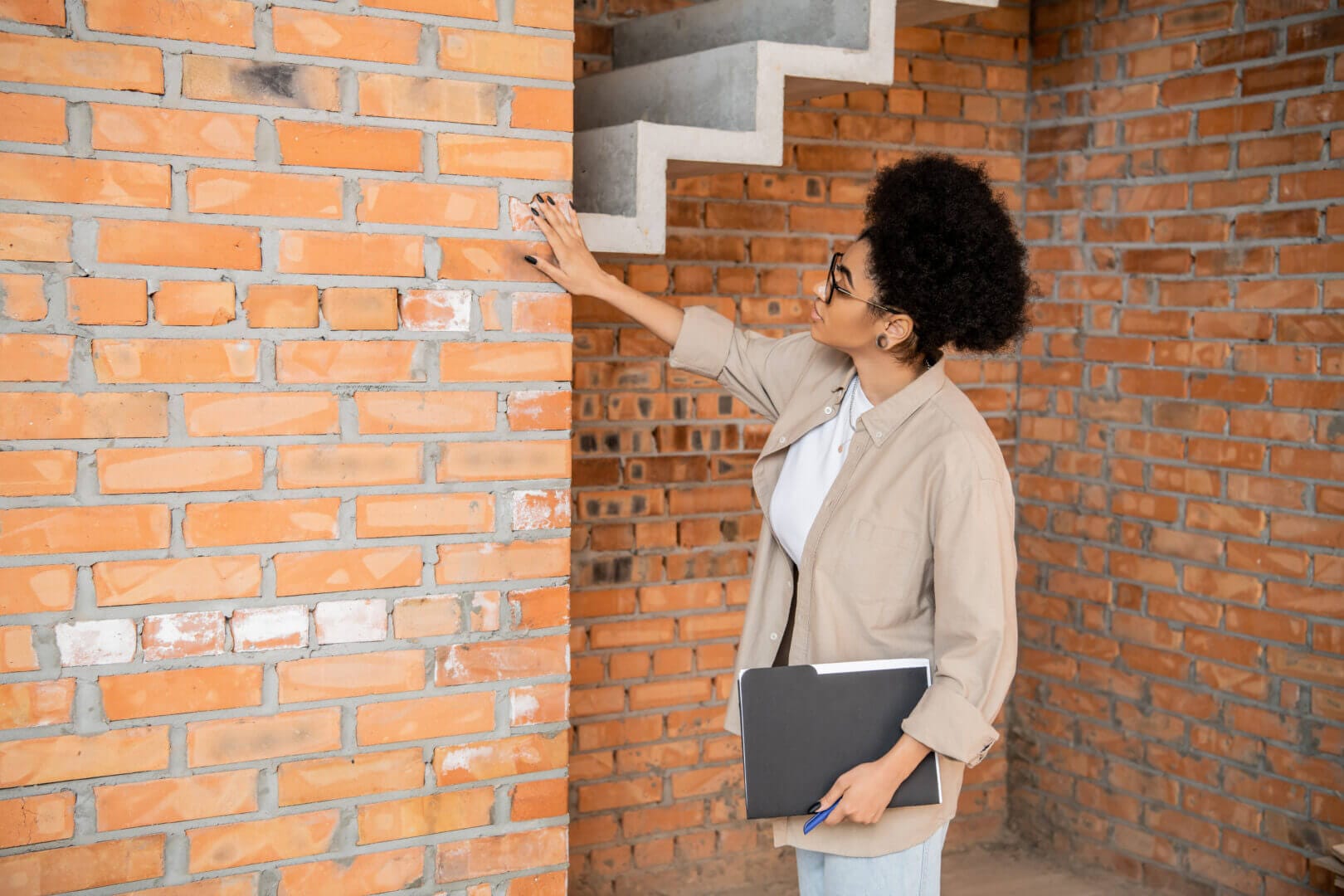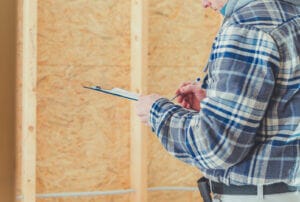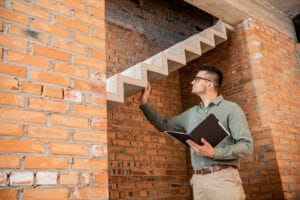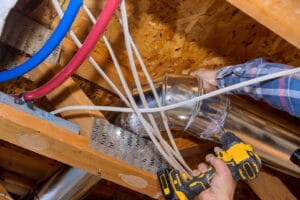Purchasing a property is one of life’s most significant investments, and it’s not without its risks and complexities. Among the many stages a property goes through, inspections stand as a critical moment in the real estate jigsaw puzzle. This article is a homeowner’s, investor’s, or first-time buyer’s guide to finding the right person to assess the condition of your property – with the stakes this high, it’s imperative to get it right.
Understanding the Role of a Property Inspector
A property inspector serves as the health professional for your home – just like you wouldn’t settle for a medical diagnosis without consulting a professional, your property’s diagnosis deserves the same care.
What Does a Property Inspector Do?
At its core, a property inspector conducts a thorough visual assessment of a property’s structure and systems, from the roof to the foundation, with the goal of identifying issues that may affect its safety, integrity, or value.
Why is Their Role Crucial?
An inspector gives you a comprehensive status report on the property, alerting you to any issues that could require your attention, saving you from potential future repair costs, and ensuring that you’re not buying a lemon.
Standards and Qualifications to Look For
When selecting an inspector, look for those who adhere to recognized standards like those set by the American Society of Home Inspectors (ASHI) or the International Association of Certified Home Inspectors (InterNACHI). These organizations provide rigorous training and require ongoing education, which are necessary in a field where knowledge of construction, electrical, plumbing, and other systems is essential.
Navigating the Selection Process
Finding an inspector can be as simple as doing a quick internet search or as recommendations by real estate professionals. However, the real challenge is separating the wheat from the chaff.
Factors to Consider
Several factors deserve your attention when evaluating potential inspectors:
Experience and Certifications
Experience often translates to a more thorough inspection. In addition to years in the field, look for inspectors with certain specialized certifications that may be relevant to your particular property type or location.
Reputation
Word-of-mouth recommendations and online reviews are gold in the inspection industry. A good reputation is hard-earned and a strong indicator of the service and trustworthiness you can expect.
Sample Reports
Requesting sample inspection reports can give you a sense of the detail and clarity you can expect from a particular inspector. A well-organized report is vital for any subsequent negotiations or repair considerations.
References
An exceptional inspector will be more than willing to provide references – take the time to follow up with past clients to understand their experience.
The Inspection Process Explained
Preparing for the inspection can be overwhelming, especially for first-time home buyers. Yet, understanding what the process will entail can help allay any anxiety.
What to Expect
On the day of the inspection, an inspector will typically take several hours to go through the property, examining it closely. You are welcome to join them to ask questions and gain knowledge about your new home. They will not only identify issues but usually provide advice on regular maintenance as well.
Common Red Flags
Some problems uncovered in an inspection can be sizable red flags. These might include issues related to the foundation, roof, electrical systems, and plumbing, which can significantly impact the value and livability of the home.
What It Means for the Buyer
Knowing about these issues pre-purchase gives buyers options: they may be grounds for renegotiating the purchase price, asking the seller to make repairs, or potentially, walking away from the deal.
The Value of a Thorough Inspection
It’s the thoroughness of an inspection that often justifies its cost and more.
Money Saved
A comprehensive report arms you with the knowledge to estimate the cost of any repair work, potentially saving you from unexpected financial burdens post-purchase.
Future Headaches Avoided
Mold infestations, termites, and asbestos are common yet silent menaces in real estate. A professional inspection can uncover these issues early on, preventing future health hazards and the corresponding costs.
Major Issues Uncovered
In extreme cases, an inspection can reveal such severe issues that going through with the purchase would put the safety of your family at risk or result in a property with an unsolvable defect – these are discoveries you want to make before signing any contracts.
Post-Inspection Decisions
The inspection alone isn’t the last word. After receiving the inspection report, buyers must consider their next steps carefully.
Understanding the Report
It’s common for inspection reports to contain a lot of information. Take the time to absorb it, ask the inspector follow-up questions if needed, and ensure you understand the severity of any flagged items.
Options Available
If the report turns up issues, you have several options, including the aforementioned negotiation for repairs or a price reduction, depending on the contract’s contingencies.
Negotiating with Sellers
The goal here is to reach an agreement that leaves you satisfied and your investment secure. Work with your realtor to craft a response to the inspection findings that serves your best interests.
In summary, choosing the right inspector for your property is a decision that should not be taken lightly. It requires research and a discerning eye, as the individual you select can significantly impact your real estate investment. However, with due diligence and adherence to the guidelines presented here, you can take a huge step toward ensuring that your home purchase is a sound one.






